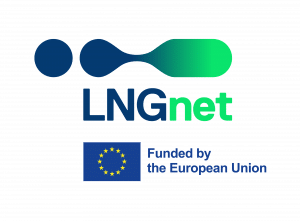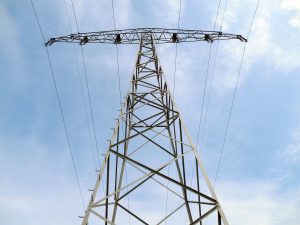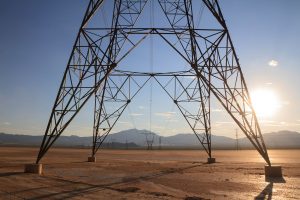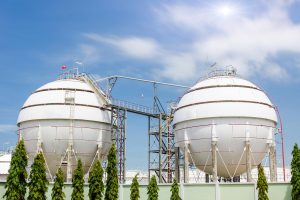This course is reserved for experts from East Asia, including the following countries and territories: China, Japan, South Korea, Taiwan, Myanmar, Thailand, Vietnam, Cambodia, Malaysia, Singapore, Brunei, Indonesia, Philippines.
This course will be held in Ho Chi-Minh City, Vietnam, between 12 – 14 December 2023.
The draft program includes the following topics:
We warmly encourage you to submit requests from experts from your organisation interested in participating in the Training Course and in forwarding this invitation to interested parties.
LNGnet
The course sits under the LNGnet Project, launched in Spring of 2021 by the European Commission to enhance the liquidity, flexibility, transparency, and sustainability of the global LNG market. The LNGnet Project is led by consortium partners: the Florence School of Regulation, Cecoforma, and Baringa Partners. More information about the project can be found here.

Day 1: Market design and rules
Networking event / Social dinner
Day 2. Markets in practice: Challenges and Evolution
Day 3. Regulatory issues and challenges
At the end of the course, participants will receive a Certificate of Participation.
This course is free of charge.
The LNGnet Project will cover the travel costs (economy class) and a per diem covering accommodation and local costs, for up to 25 participants selected among those meeting at least one of the following criteria:
For sponsored participants who need a visa to enter Vietnam, the project can reimburse the visa costs, subject to the provision of supporting documents.
Join us for a unique opportunity to reconnect and stay updated on the latest policy developments in the fields you previously studied.
LEARN MORE AND REGISTER
EU Electricity Network Codes & the Clean Energy Package Enter the world of electricity markets in Europe ‘Evolution of electricity markets in Europe’ is an 9-week online course in collaboration…

Crafting research with impact on energy policy and regulation LARS is a residential training addressing researchers with modeling skills who are keen to support the energy policy and regulatory debate.…

Regulation of energy utilities All you need to know in one professional course With the Annual Training on the Regulation of Energy Utilities, you will gain extensive knowledge of the fundamental principles of…

Digitalisation is transforming transport and mobility. Understanding the regulatory implications of digitalisation requires knowledge of EU digital law and policy (DSA, DMA, Data Act) and the regulatory strategy in transport…

Learn how to master electricity markets and key issues around their reform The energy crisis that was triggered by the Russian war in Ukraine has led European power markets to…

This new training course on the Regulation and Integration of Renewable Energy provides a comprehensive introduction to the topic with the latest updates, including developments in policy and regulation in…

Understand the basic principles and most topical issues of gas sector regulation in Europe and worldwide Building on our flagship ‘Specialised Training on the Regulation of Gas Markets’, this new…

This FSR-ACER residential course in Florence covers the scope of the EU Regulation on Wholesale Energy Market Integrity and Transparency (REMIT) and the way in which it is implemented. Mapping…

Learn the fundamental regulatory principles of the electricity and gas sectors through hands-on, real case activities and examples with instructors from national regulatory authorities from Europe and North America, the…
To meet, discuss and learn in the channel that suits you best.